As an experienced outdoor enthusiast and camping expert, I’ve witnessed firsthand the breathtaking beauty and tranquility of a crackling campfire under the open sky. However, with great enjoyment comes great responsibility – fire safety should always be a top priority while camping.
Table Of Content
- Understanding the Importance of Fire Safety
- Common Campfire Accidents to Avoid
- Preventing Fires – Tips and Techniques
- Essential Gear for Camping Fire Safety
- Common Campfire Accidents to Avoid
- Unattended Fires
- Overloading the Fire Pit
- Ignoring Wind Conditions
- Using Flammable Liquids
- Poor Fire Extinguishing
- Preventing Fires: Tips and Techniques
- Choose a Suitable Campfire Location
- Keep Your Campfire Small
- Supervise the Campfire at All Times
- Extinguish the Fire Completely
- Be Mindful of Fire Safety Etiquette
- Essential Gear for Camping Fire Safety
- Invest in Quality Safety Gear
- Portable Stove and Cooking Utensils
- Flashlights and Headlamps
- Fire-Resistant Clothing
- Proper Storage for Flammable Items
- Proper Campfire Building and Extinguishing
- Building a Safe Campfire
- Extinguishing Your Campfire
- Fire Safety Etiquette in Campgrounds
- Respect the Fire Pit
- Proper Extinguishing
- Awareness and Alertness
- Frequently Asked Questions (FAQs)
- What are the most common campfire accidents?
- How can campers prevent fires while camping?
- Why is fire safety important during camping?
- What should campers do if a campfire gets out of control?
Understanding the potential dangers of campfire accidents and knowing how to prevent fires is crucial for the well-being of both nature and campers alike. By following a few simple guidelines and implementing proper safety measures, you can ensure a safe and enjoyable camping experience for everyone involved.
In this comprehensive guide, we will delve into the essential camping fire safety tips that every outdoor adventurer should know. From choosing the right location and building a proper fire pit to extinguishing the flames before bedtime, we’ll cover everything you need to know to prevent fires and handle any unexpected situations that may arise.
So grab your camping gear, pack your marshmallows, and let’s embark on a journey towards mastering the art of camping fire safety. Let’s ensure that our campfires continue to light up the night sky in a safe and responsible manner, preserving the magic of the great outdoors for generations to come.
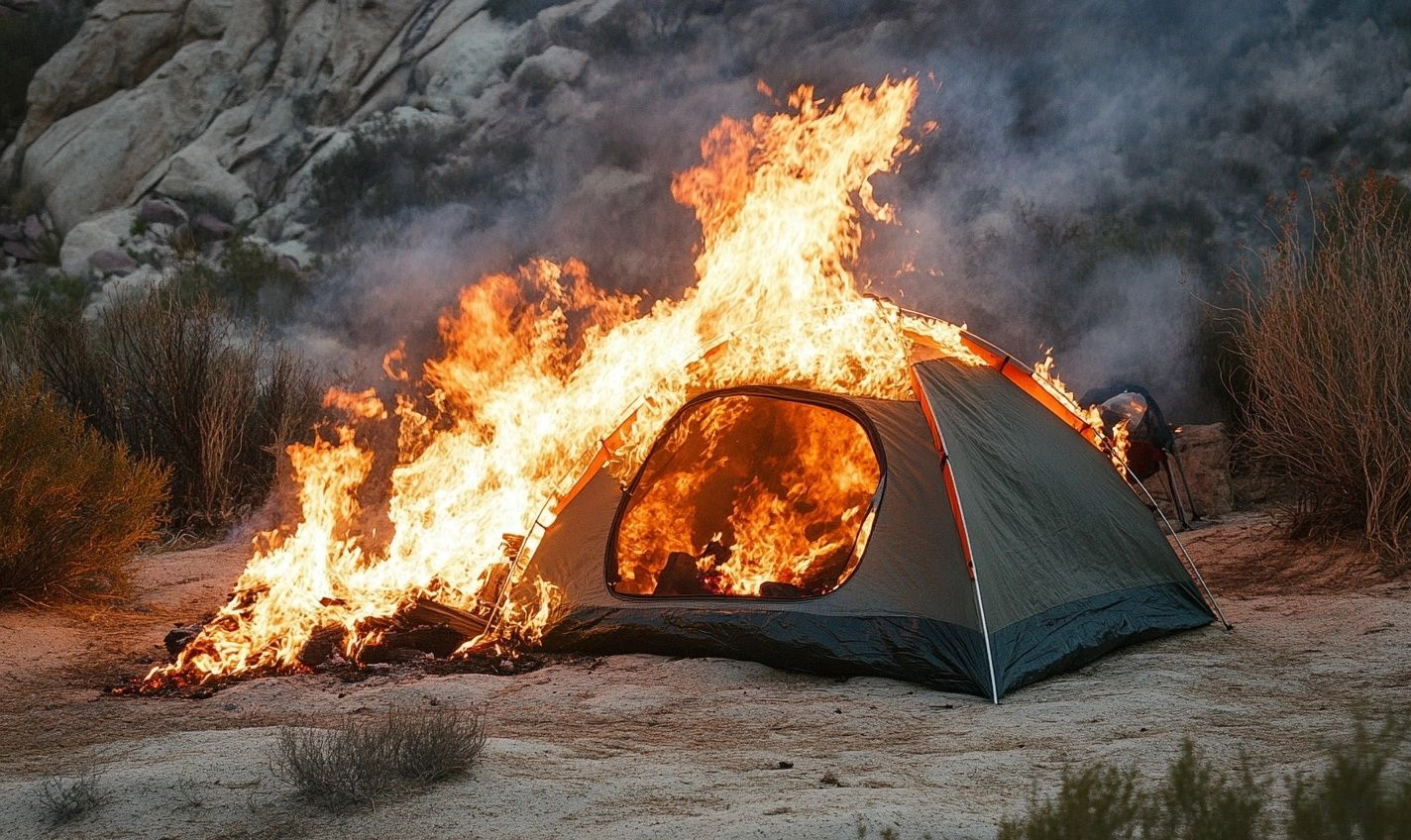
Understanding the Importance of Fire Safety
Hey there fellow campers! Let’s talk about fire safety. It’s not the most exciting topic, but it’s crucial for a memorable and safe camping experience. Understanding the importance of camping fire safety can make all the difference between a cozy night around the campfire and a disastrous campsite accident.
Common Campfire Accidents to Avoid
So, why is fire safety such a big deal when camping? Well, imagine this: you’re gathered around a crackling campfire, roasting marshmallows, and sharing stories. But, suddenly, a rogue spark ignites nearby dry foliage, leading to a dangerous wildfire. A small oversight can quickly escalate into a catastrophe.
Preventing Fires – Tips and Techniques
But fear not! By following some simple camping fire safety tips, you can significantly reduce the risk of accidents and ensure a safe outdoor adventure:
- Always check for fire restrictions in the area before starting a campfire.
- Keep a bucket of water and a shovel near the campfire for quick extinguishing.
- Clear the surrounding area of any flammable materials before lighting the fire.
Essential Gear for Camping Fire Safety
Equipping yourself with the right gear is essential for fire safety during camping trips. Here are a few items to consider packing:
- A fire extinguisher or fire blanket for quick response to emergencies.
- Fire-resistant gloves to handle hot cookware and firewood safely.
- A hatchet or saw for cutting firewood and clearing brush away from the campfire.
Remember, being prepared is key to preventing accidents and ensuring a safe camping experience. So, before you head out on your next outdoor adventure, make sure you’re equipped with the right tools for the job and have a solid understanding of camping fire safety.
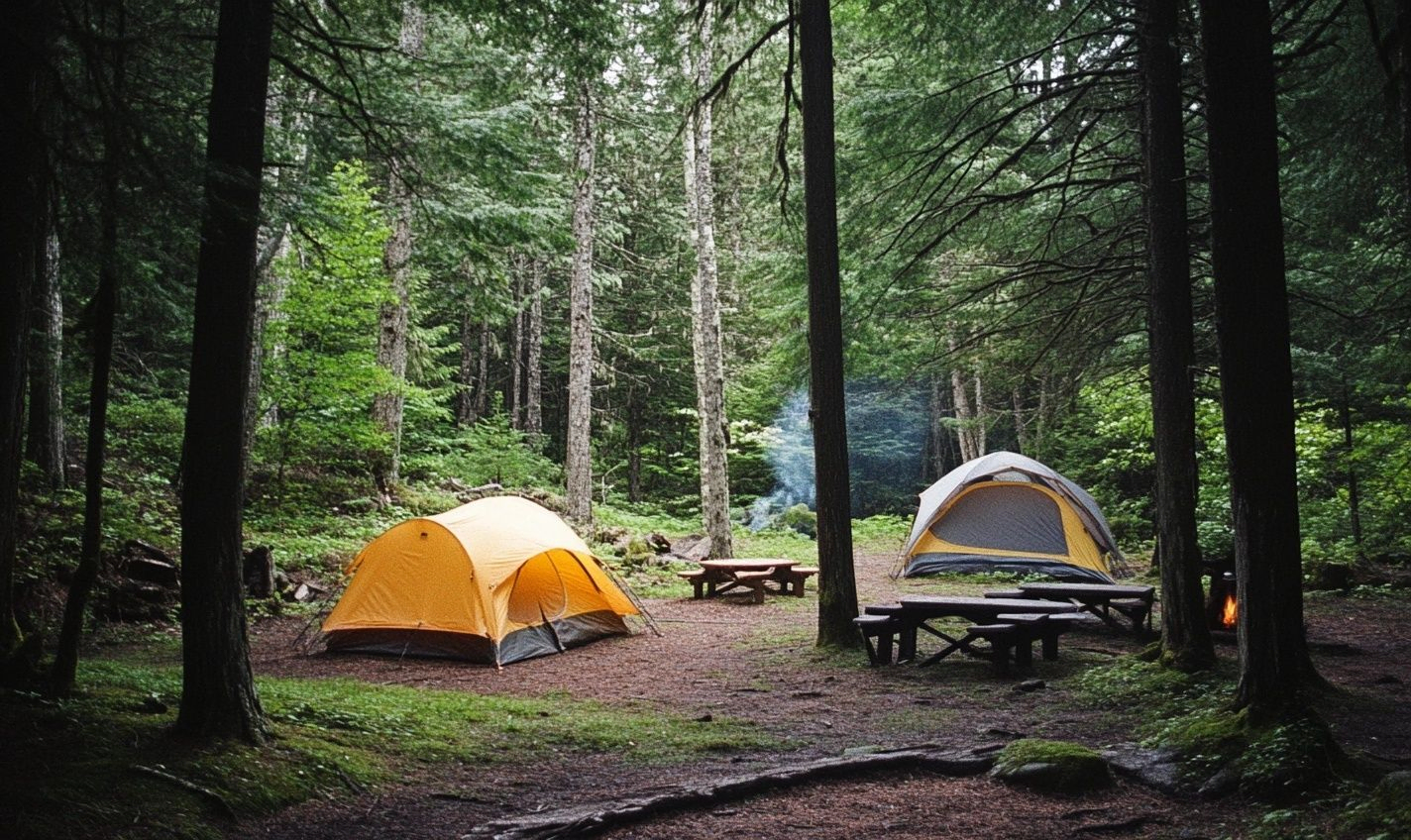
Common Campfire Accidents to Avoid
Fires are an enchanting part of camping but can quickly turn dangerous if proper precautions aren’t taken. Here are some common campfire accidents to steer clear of:
Unattended Fires
Leaving a fire unattended is like leaving a pot of boiling water on the stove and walking away. It’s a disaster waiting to happen. Always ensure someone is supervising the fire.
Overloading the Fire Pit
Just like trying to fit too many puzzle pieces together, cramming too much wood into the fire pit can lead to uncontrollable flames and flying embers. Maintain a safe distance between logs to prevent accidents.
Ignoring Wind Conditions
Don’t underestimate the power of the wind. Strong gusts can blow embers onto dry leaves or tents, causing a potential disaster. Position yourself upwind from the fire and always be mindful of changing wind directions.
Using Flammable Liquids
Adding gasoline or lighter fluid to a struggling fire is akin to pouring fuel on a simmering flame. It can result in explosive consequences. Stick to safer methods like kindling and tinder to ignite your fire.
Poor Fire Extinguishing
Leaving a campsite without properly extinguishing the fire is like leaving your front door wide open. Ensure your fire is completely out before calling it a night. Douse the embers with water and stir them until cold to the touch.
Remember, when it comes to fire safety, an ounce of prevention is worth a ton of cure. By staying vigilant and following camping fire safety guidelines, you can enjoy the warmth and coziness of a campfire without risking harm to yourself, others, or the environment.
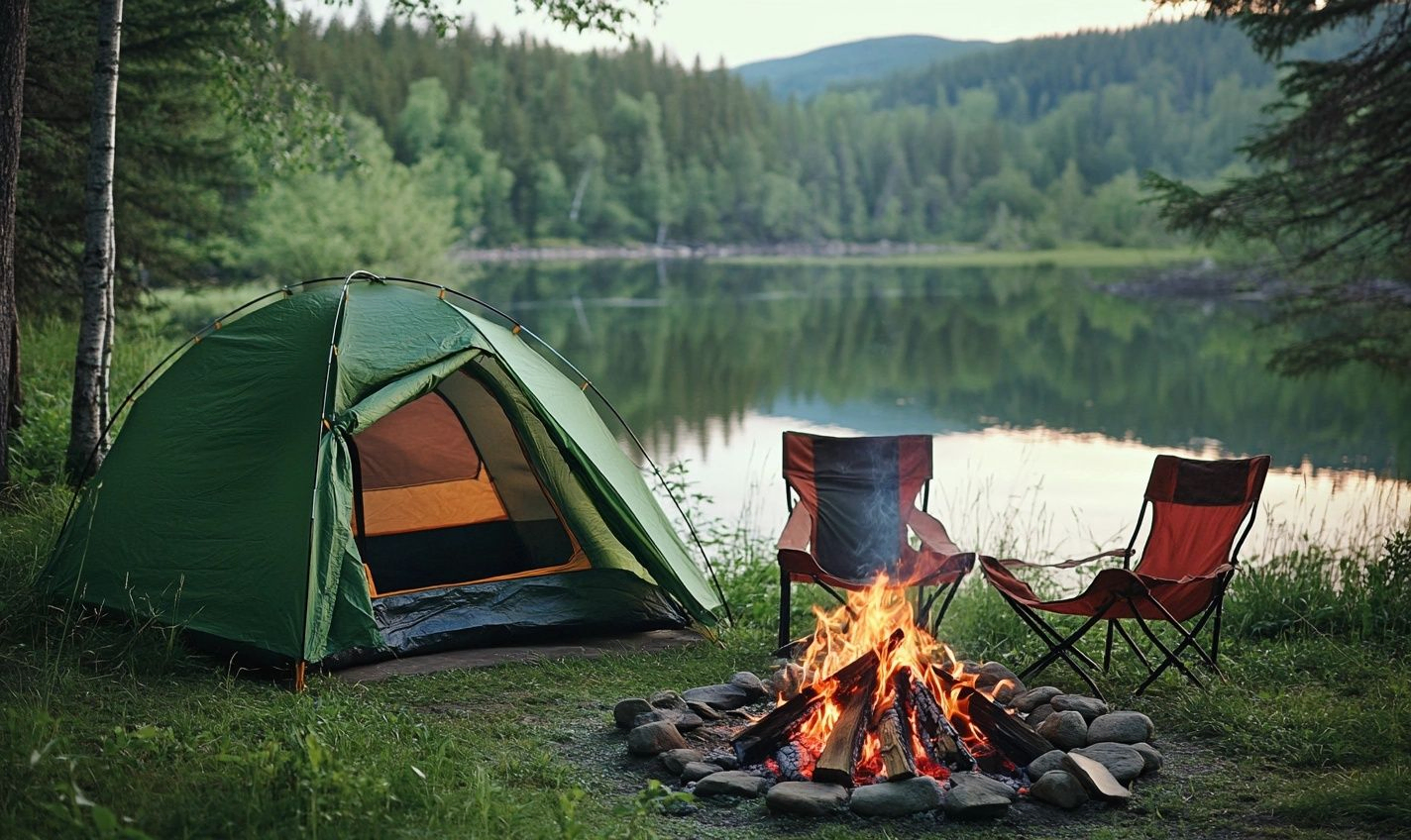
Preventing Fires: Tips and Techniques
When it comes to camping, one of the most crucial aspects to consider is fire safety. Campfires are not just a source of warmth and light; they can also pose significant risks if not handled properly. To ensure a safe and enjoyable camping experience for everyone, here are some key camping fire safety tips and techniques to keep in mind:
Choose a Suitable Campfire Location
Before starting a campfire, make sure you select a proper location. Opt for designated fire pits or clear an area free of dry leaves, low-hanging branches, and other flammable materials. This helps prevent campfire accidents and ensures the fire stays contained.
Keep Your Campfire Small
Remember, bigger isn’t always better when it comes to campfires. A smaller fire is easier to manage and less likely to get out of control. Plus, it conserves resources and reduces the risk of campfire accidents.
Supervise the Campfire at All Times
Never leave a burning campfire unattended. Embers can quickly ignite surrounding vegetation or objects, leading to potentially disastrous outcomes. Stay vigilant and maintain a watchful eye on the fire to prevent fires from spreading.
Extinguish the Fire Completely
After enjoying your campfire, extinguish it fully before leaving or going to bed. Use water to douse the flames, stir the embers, and add more water until everything is cool to the touch. Properly extinguishing the fire is essential in preventing fires and ensuring the safety of your campsite.
Be Mindful of Fire Safety Etiquette
Respect other campers’ spaces and follow campground rules regarding fires. Avoid building fires that are too large or creating excessive smoke that may bother nearby campers. Practicing good fire safety etiquette fosters a harmonious camping environment for everyone.
Remember, fire safety is not just about following rules – it’s about protecting yourself, others, and the natural surroundings. By taking preventative measures and staying vigilant, you can enjoy the magic of a campfire responsibly and safely. Let’s make every camping trip a memorable experience for all the right reasons!
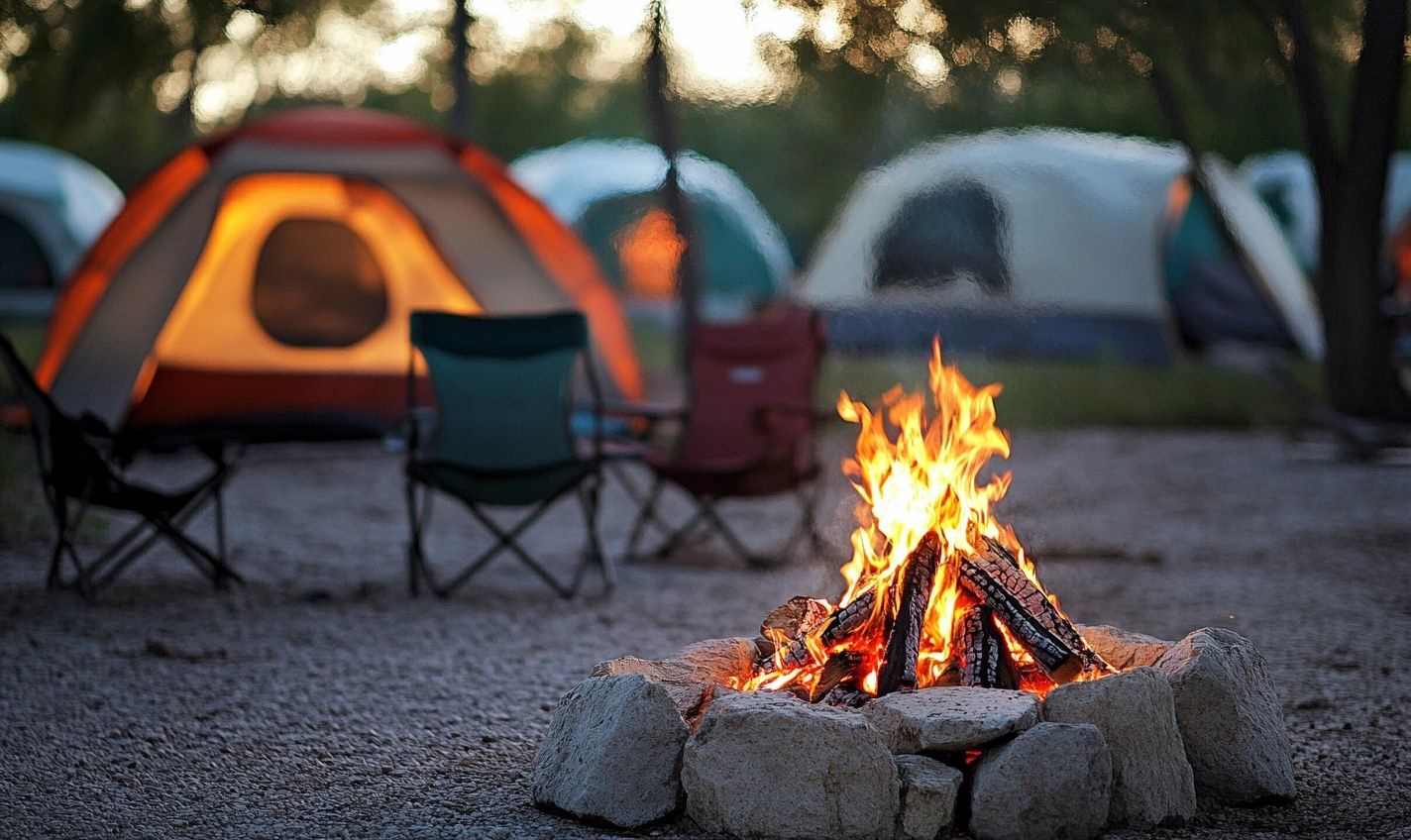
Essential Gear for Camping Fire Safety
When it comes to embarking on a camping adventure, setting up a campfire is an integral part of the experience. However, fire safety should always remain a top priority to ensure a memorable and safe outdoor excursion.
Invest in Quality Safety Gear
Prioritizing your safety and the safety of those around you while camping is crucial. Be sure to pack essential gear to prevent and handle campfire accidents effectively. Here are some items you should consider having:
- Fire extinguisher: A portable fire extinguisher is a must-have in case of emergencies.
- Water bucket: Keep a bucket of water nearby to quickly douse any flames that may get out of control.
- First aid kit: Be prepared for any minor burns or injuries that may occur during your camping trip.
Portable Stove and Cooking Utensils
While campfires are a classic part of camping, having a portable stove as a backup can provide an extra layer of safety. Additionally, using cooking utensils with long handles can help prevent accidental burns.
Flashlights and Headlamps
When the sun sets, navigating around your campsite can become challenging. Always carry flashlights and headlamps to safely move around without the risk of stumbling into the fire or other hazards.
Fire-Resistant Clothing
Wearing fire-resistant clothing while tending to the campfire can offer an added layer of protection. Opt for natural fibers like cotton or wool that are less likely to catch fire.
Proper Storage for Flammable Items
Keep flammable items such as gas canisters, lighters, and matches stored in a secure and designated location away from the campfire. This helps prevent accidental fires and ensures everyone’s safety.
Remember, campfire accidents can happen in an instant, but with the right gear and precautions, you can minimize the risks and enjoy a safe camping experience.
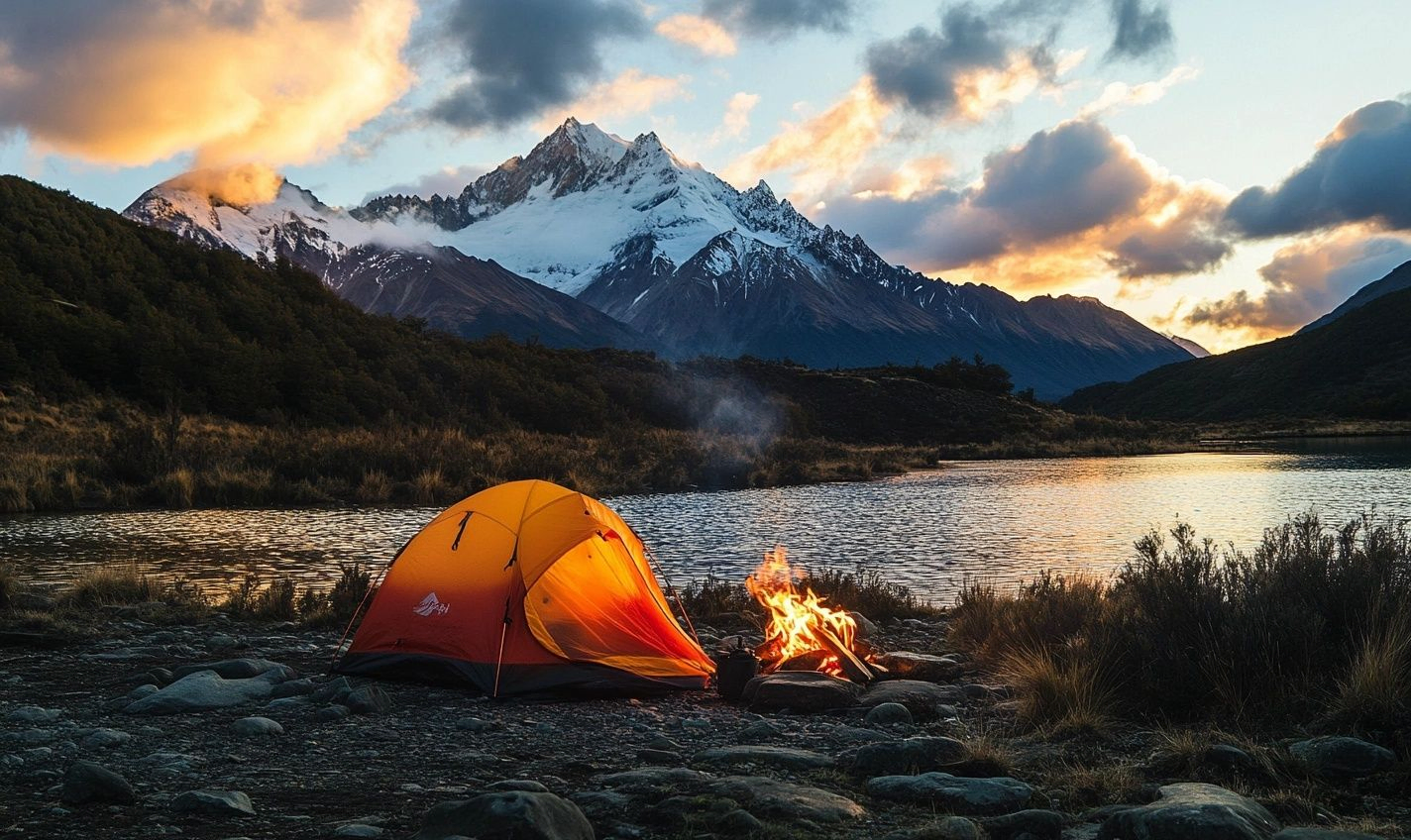
Proper Campfire Building and Extinguishing
When it comes to enjoying the great outdoors, nothing quite beats gathering around a crackling campfire under the starry sky. However, it’s essential to understand the importance of fire safety to prevent any mishaps that could quickly turn a fun camping trip into a disaster.
Building a Safe Campfire:
To ensure your campfire stays under control and doesn’t pose a threat, follow these tips and techniques for proper campfire building:
- Choose a clear spot away from overhanging branches, dry grass, or tents.
- Gather rocks to create a fire ring to contain the flames.
- Keep a bucket of water and a shovel nearby for emergencies.
And most importantly, never leave your campfire unattended!
Extinguishing Your Campfire:
Just as crucial as building a safe fire is properly extinguishing it when you’re done. Follow these steps:
- Allow the wood to burn completely to ash, if possible.
- Pour water over the fire, stirring the embers with a shovel.
- Continue until you can place your hand near the ashes without feeling any heat.
Remember, even a seemingly extinguished fire can reignite, so always double-check before leaving the site.
By following these guidelines for proper campfire building and extinguishing, you not only ensure fire safety for yourself and your fellow campers but also protect the natural environment around you.
And isn’t that what camping is all about? Enjoying nature responsibly, leaving no trace, and creating lasting memories around the warmth of a well-tended campfire.
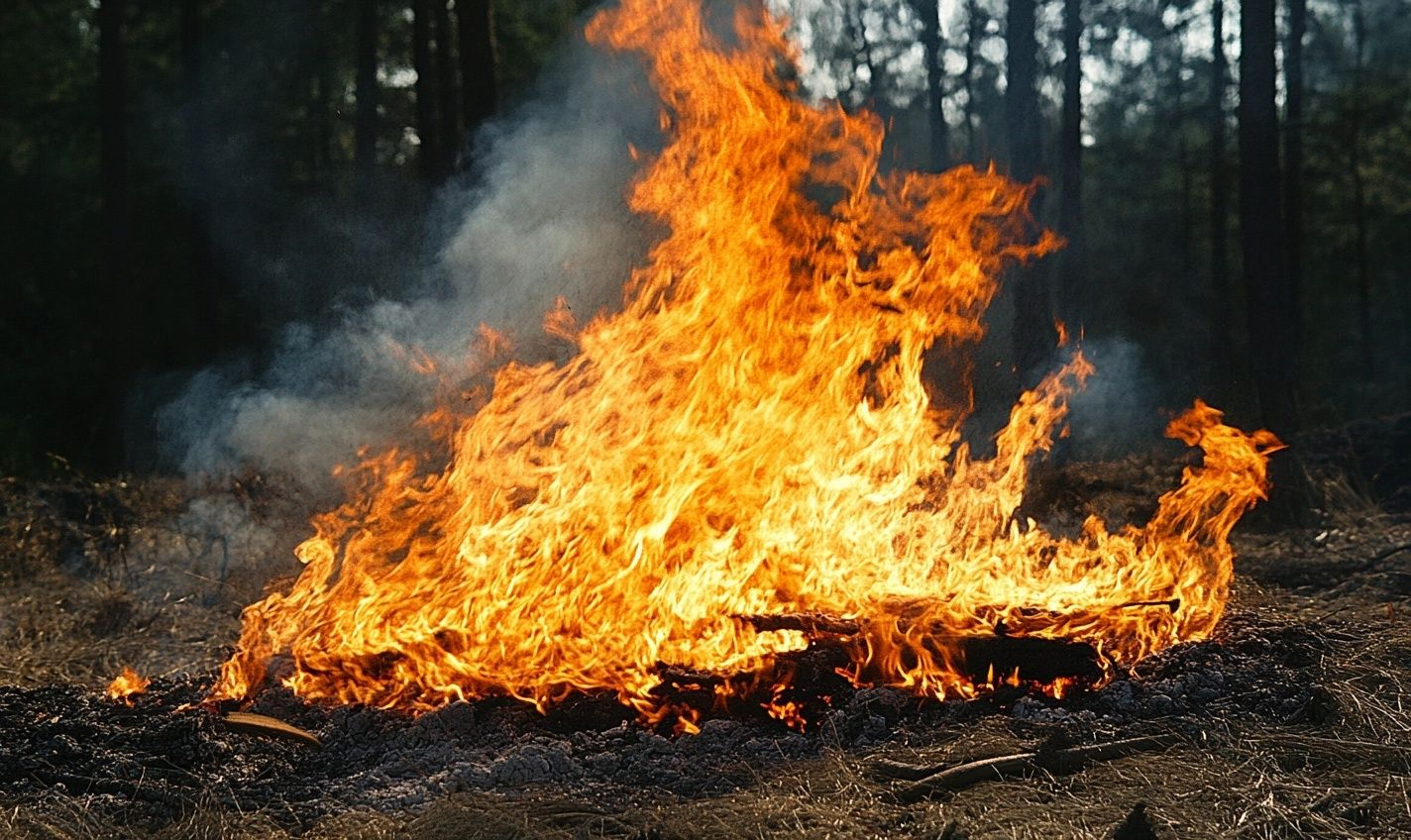
Fire Safety Etiquette in Campgrounds
When enjoying the great outdoors and gathering around a campfire, it’s crucial to practice fire safety etiquette in campgrounds. By following a few simple guidelines, we can ensure a safe and enjoyable camping experience for everyone.
Respect the Fire Pit
1. Stay within designated fire rings or pits to prevent fires from spreading uncontrollably.
2. Do not leave the fire unattended at any time; always ensure someone is supervising it.
Proper Extinguishing
1. When extinguishing a fire, pour water over the flames and embers until no heat remains.
2. Stir the ashes and embers with a shovel to cool down any remaining hot spots.
Awareness and Alertness
1. Stay vigilant of fire conditions and regulations in the camping area.
2. Be mindful of wind conditions that can quickly spread flames.
Remember, a little caution can go a long way in ensuring everyone’s safety and preventing potentially dangerous situations. Let’s all do our part in preserving our natural surroundings and keeping our camping experiences positive.
Conclusion
Ensuring fire safety while camping is a crucial aspect of outdoor adventures that should never be overlooked. By following simple yet effective tips such as keeping a safe distance from flammable objects, always having a water source nearby, and properly extinguishing your campfire, you can prevent campfire accidents and ensure a safe camping experience for yourself and others.
Remember, a moment of carelessness can lead to disastrous consequences, which is why it’s essential to prioritize fire safety at all times. By educating yourself and your camping group on fire safety practices, you not only protect yourselves but also preserve the natural beauty of the outdoors for future generations.
So, before you head out on your next camping trip, take the time to familiarize yourself with these essential fire safety tips and make them a non-negotiable part of your camping routine. By being proactive and responsible, you can enjoy the warmth and ambiance of a campfire without putting yourself or the environment at risk. Stay safe, stay informed, and make fire safety a top priority during your outdoor adventures!
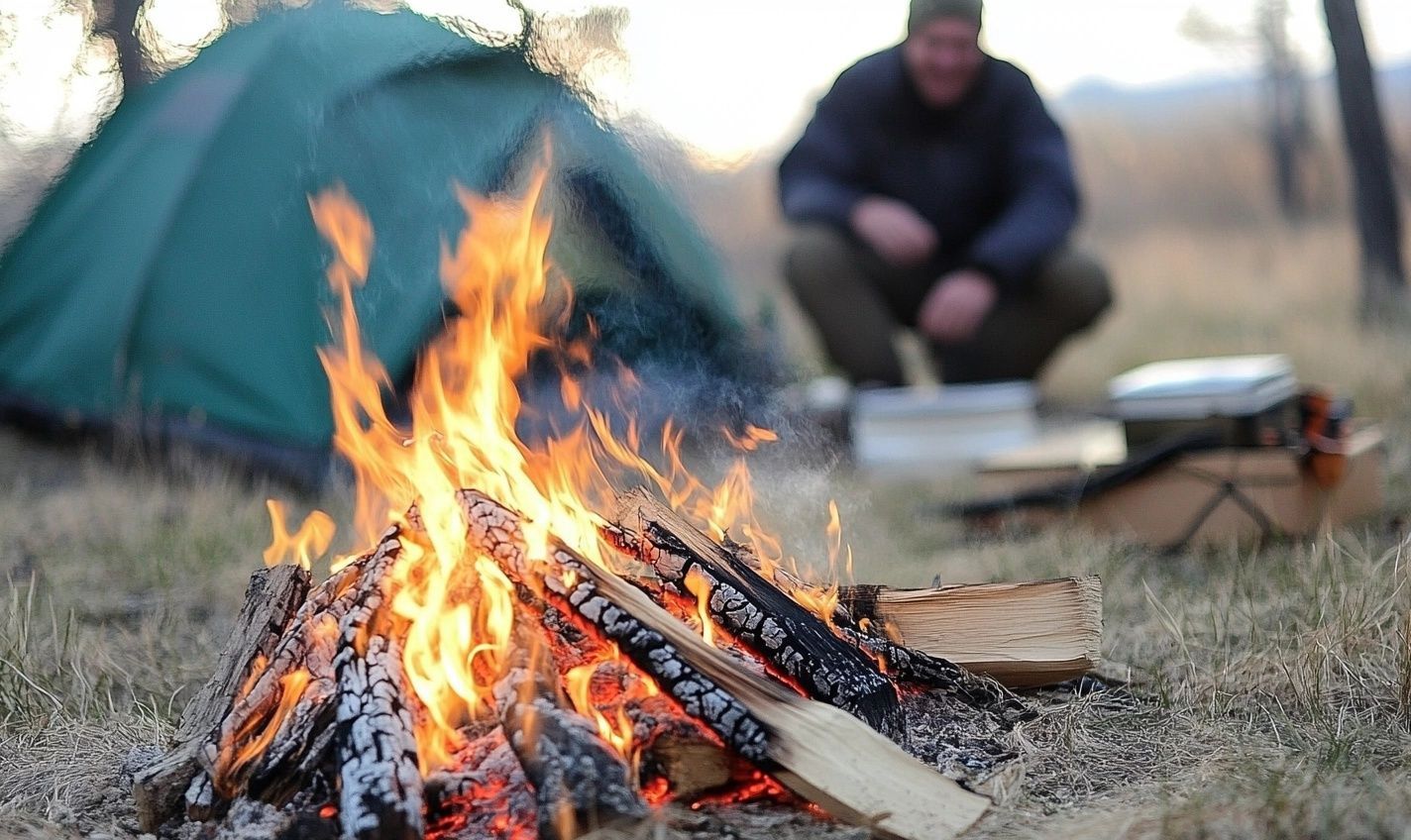
Frequently Asked Questions (FAQs)
What are the most common campfire accidents?
The most common campfire accidents include burns from sparks, wildfire outbreaks, and uncontrolled flames spreading to surrounding areas.
How can campers prevent fires while camping?
Campers can prevent fires by following the Leave No Trace principles, keeping a safe distance between tents and campfires, and always fully extinguishing the fire before leaving.
Why is fire safety important during camping?
Fire safety is crucial during camping to prevent accidents, protect the environment, and ensure the safety of campers and wildlife in the area.
What should campers do if a campfire gets out of control?
If a campfire gets out of control, campers should immediately call emergency services if needed, evacuate the area, and use a fire extinguisher or water to try to contain the fire if safe to do so.

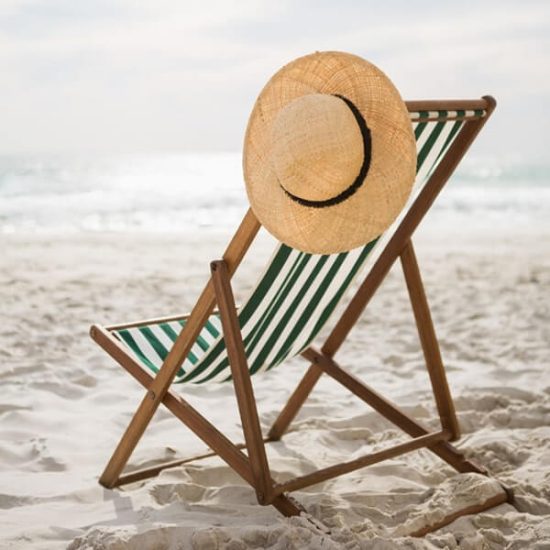
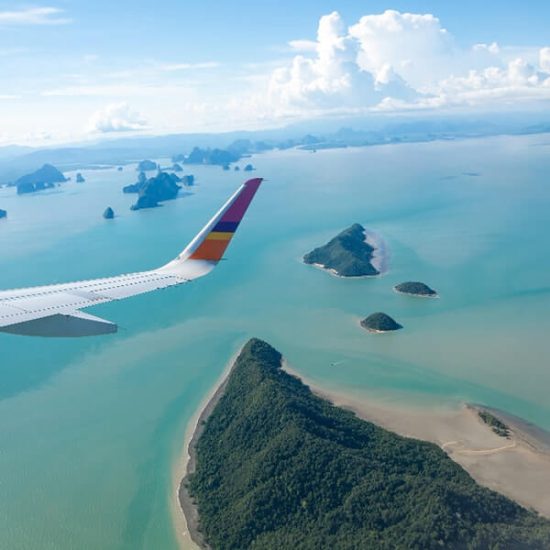


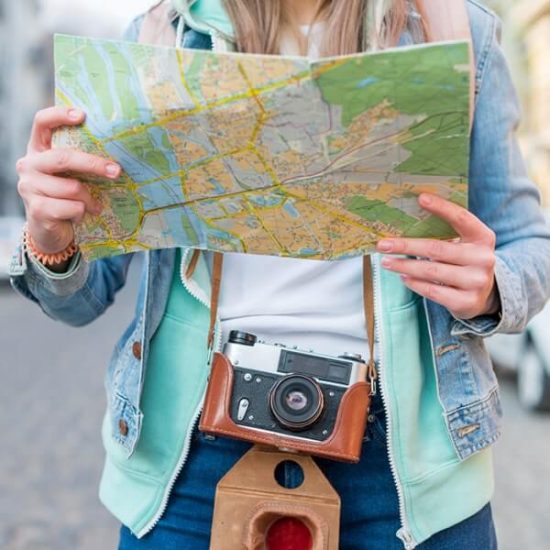
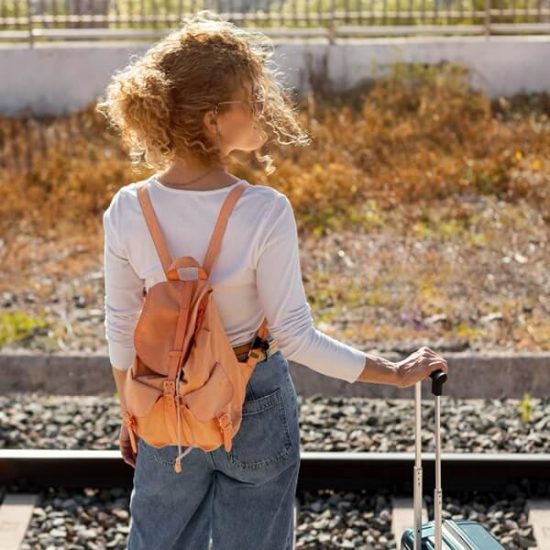
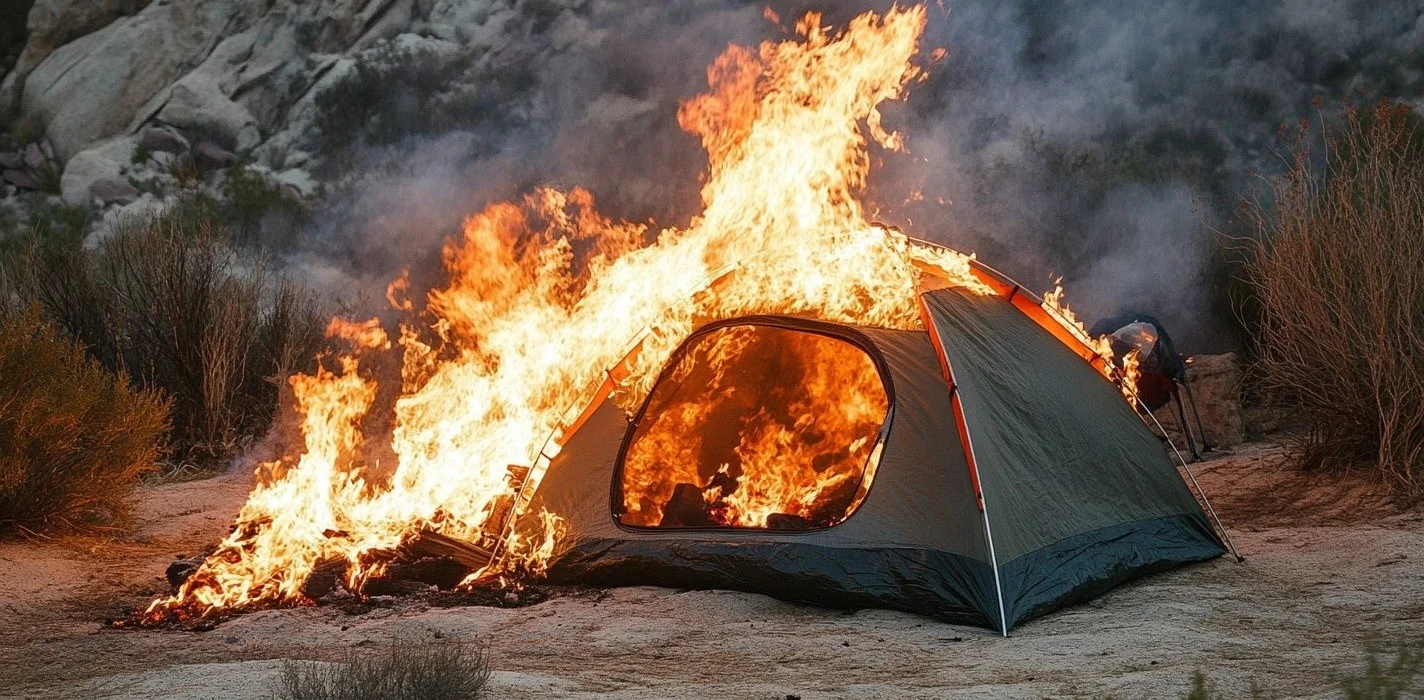

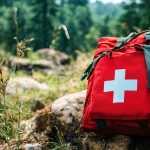
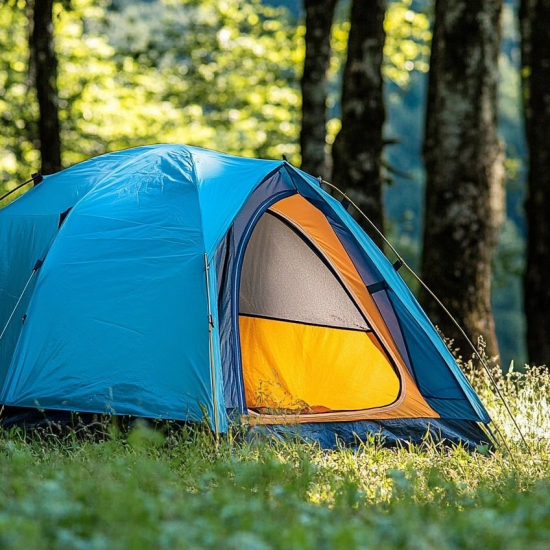
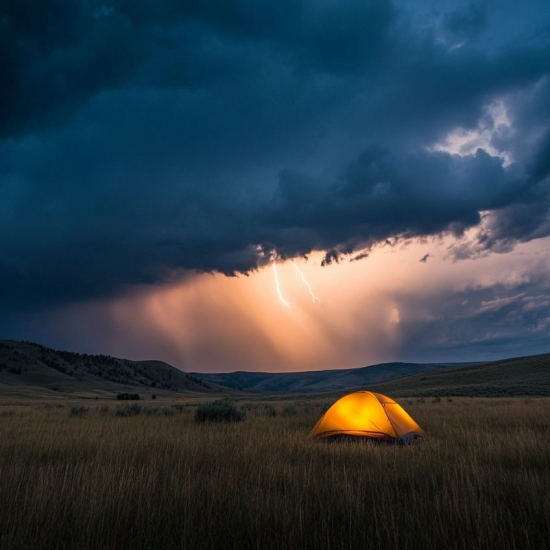
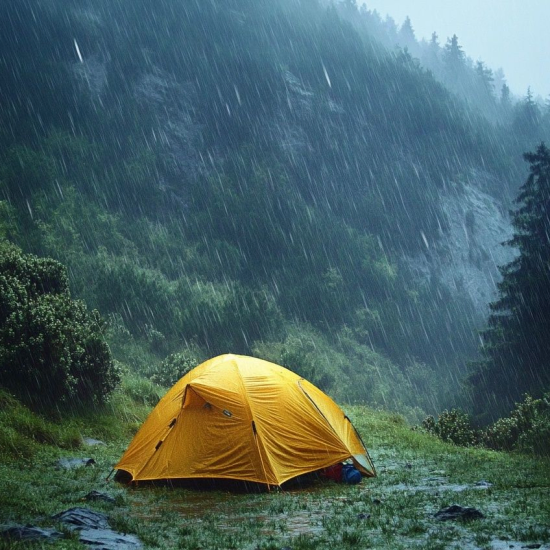
No Comment! Be the first one.